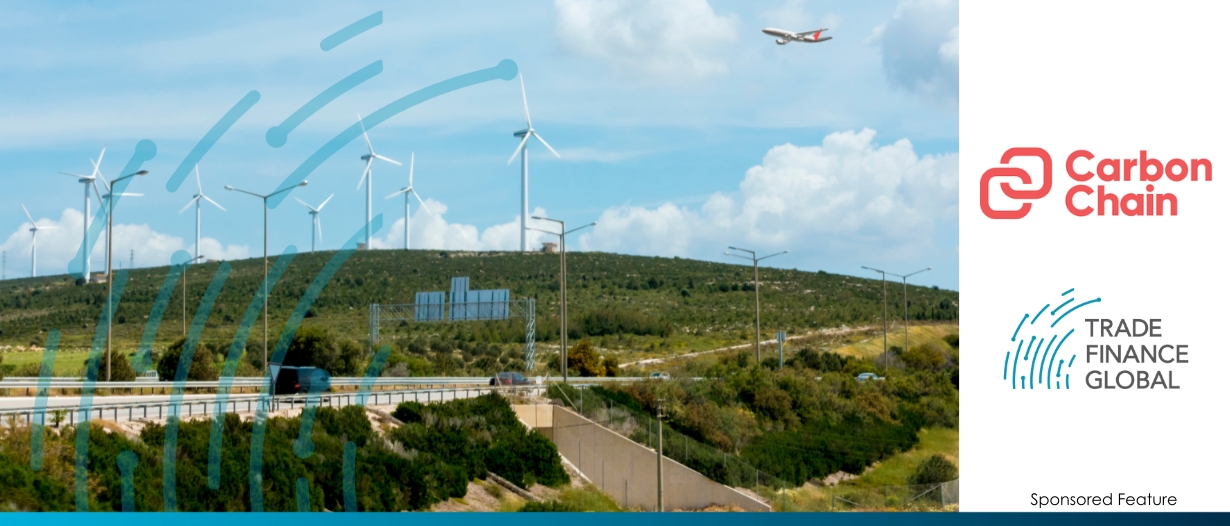Estimated reading time: 2 minutes
CarbonChain has introduced a new solution for emissions reporting, aimed at both mandatory and voluntary disclosures, enhancing its specialised carbon accounting software for the supply chains of commodities.
CarbonChain, a platform utilising AI for carbon accounting and offering companies comprehensive insights into emissions throughout their supply chains, has unveiled CarbonChain Comply. This significant update to their platform enhances carbon reporting, providing greater speed and simplicity.
CarbonChain Comply is designed as a holistic solution for companies in the metals and energy sectors facing major changes in regulations concerning carbon emissions and increased demands from stakeholders for clear and precise disclosures.
This new, integrated tool for carbon reporting enables sustainability executives, compliance officers, and procurement leaders to efficiently and effectively manage all key disclosure demands, regardless of the format or framework.
Adam Hearne, CEO and Co-founder of CarbonChain, said, “Manufacturers and traders are overwhelmed by the complex landscape of carbon reporting, and the inconsistencies across frameworks and requirements. The industries that face some of the biggest challenges from carbon disclosure don’t have enough clarity on how and what to report.
We’re changing that today. With CarbonChain Comply, our customers will know exactly what’s expected of them — and be able to do it with confidence.”
As part of its Spring 2024 Product Launch, CarbonChain, which is based in London, has included three major enhancements in CarbonChain Comply:
Carbon reporting hub:
This new, centralised platform enables CarbonChain users to automatically create high-standard product carbon footprints and corporate emissions reports that comply with the Greenhouse Gas Protocol. This feature covers Scope 1-3 corporate carbon footprints and uses a methodology independently validated by SGS, simplifying reporting for regulations such as the EU CSRD and UK SECR, and voluntary initiatives like the CDP.
CBAM compliance:
CarbonChain Comply now offers specific functions for importers of materials like aluminium, steel, iron, and fertilisers, who are affected by the European Union Carbon Border Adjustment Mechanism (EU CBAM). This includes validation of CBAM declarations and automated creation of XML files.
Supplier engagement module:
The platform now facilitates easy data exchange with suppliers, aiding in the calculation of product lifecycle and Scope 3 emissions, vital for compliance with CBAM and wider sustainability reporting.
The new features of CarbonChain are supported by its powerful carbon accounting platform. Tailored specifically for the energy and metals supply chains, CarbonChain delivers a detailed view of emissions at the transaction level, using activity-based emission factors, setting it apart from generic solutions.
























